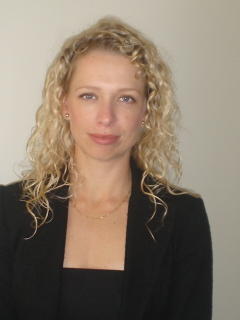The key research question was:
• How is expertise obtained, constructed, and perceived in specialist non-school communities of technological expertise in which teenagers participate?
Minor research questions included:
• How is expertise understood and performed within some particular specialist communities?
• How does gender feature in the construction, understanding and performance of technological expertise in these specialist communities?
• Of those regarded as experts, what agency and capital do they perceive they possess in their site of expertise compared to sites of traditional schooling?
This study also draws on the many writings of Pierre Bourdieu whose social theory is incorporated into the text to reflect the complexities of social practice and that which it comprises. The concepts of habitus, capital, field, and agency as coined and elaborated on by Bourdieu (1984; 1992; 1998; 1999; Bourdieu & Wacquant, 1992) will provide the theoretical framework for analysis. I sought to identify and explore the capital that teenagers have, comparing it to the agency they perceive they have, and then comparing their sense of capital and agency with their construction of what capital is offered by schools as a social institution. The findings will be discussed in relation to the field of schooling and the fields of expertise in which they operate outside of school.


